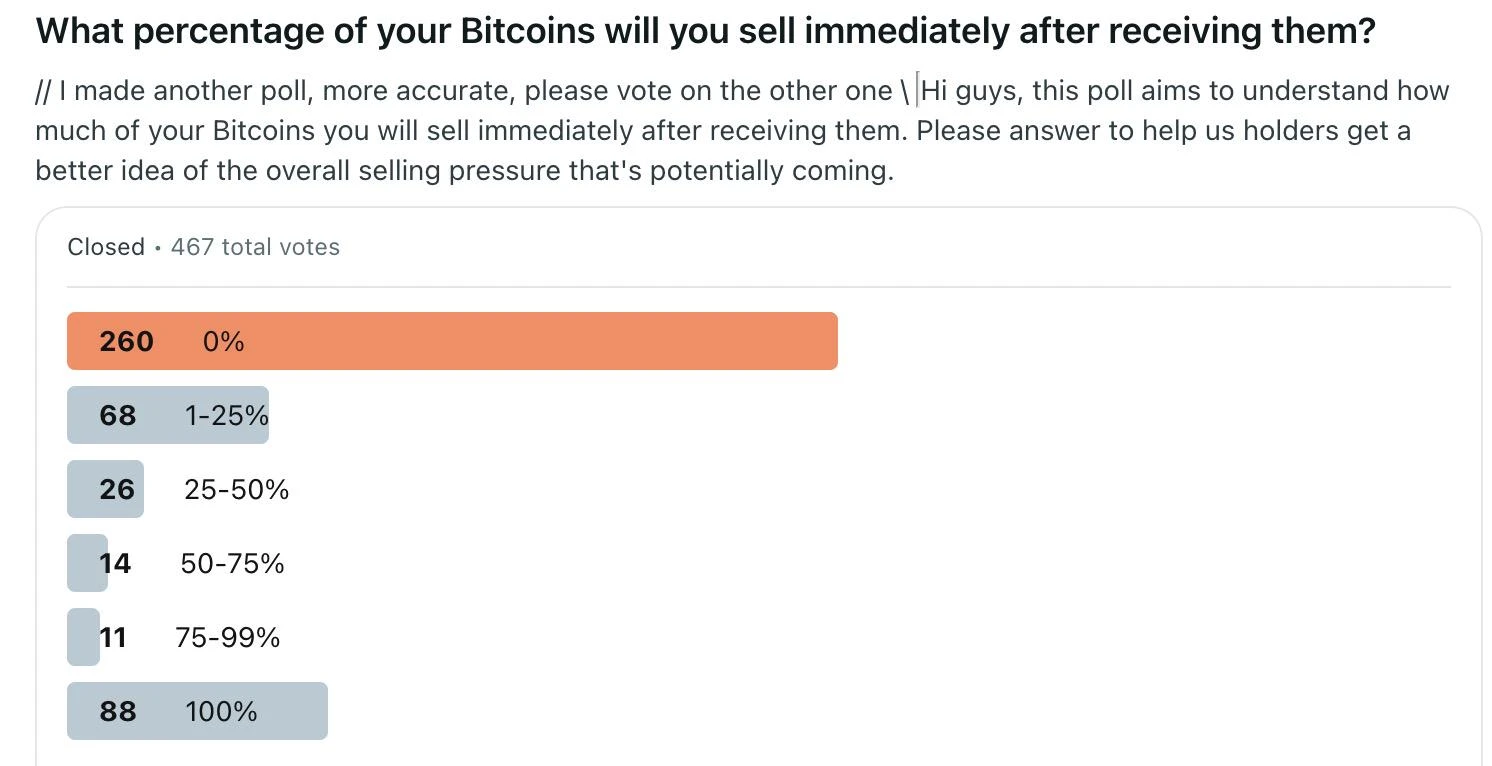News
Stay up-to-date on the most trending topics in crypto with our professional and in-depth news.





Check out which Shibarium metrics have plummeted on a daily scale.

Certain traders have left Bitcoin, believing the March ATH was the peak but Santiment suggests that rebound likelihood has increased.



Share link:In this post: India’s WazirX has been hacked for $234 million. The WazirX team has halted transactions following the incident. Lookonchain reports that the hacker has started selling SHIB.Disclaimer. The information provided is not trading advice. Cryptopolitan.com holds no liability for any investments made based on the information provided on this page. We strongly recommend independent research and/or consultation with a qualified professional before making any investment decisions.

- 12:38A whale deposited 9 million USDC to HyperLiquid and shorted HYPE tokensAccording to Lookonchain monitoring, a whale address created a new wallet today and deposited 9 million USDC into HyperLiquid. The address then placed short orders for HYPE tokens in the price range of $18.7 to $19, with a total order amount of approximately $638,000.
- 12:38Spot Gold Successfully Reaches $3,400 per OunceThe unstoppable gold price sees spot gold successfully reach $3,400 per ounce for the first time in history, surging over $70 intraday and accumulating a gain of over 29% year-to-date.
- 12:38Telegram Founder: Would Rather Exit the Market Than Undermine Encryption Through BackdoorsApril 21 News, Telegram founder Pavel Durov stated on the official TG channel that last month, France almost banned encryption technology. The Senate passed a law requiring communication apps to set up backdoors for police to access private information. Fortunately, this law was rejected by the National Assembly. However, three days ago, the Paris Police Prefect again spoke in support of the law. Technically, there is no way to ensure that only the police can access the backdoors. Once backdoors are introduced, they may be exploited by other parties—from foreign spies to hackers. Therefore, the private information of all law-abiding citizens could be at risk. This law, aimed at preventing drug trafficking, would not help combat crime in any way. Even if mainstream encryption apps are weakened by backdoors, criminals can still communicate securely via dozens of smaller apps—and due to the presence of VPNs, they will be even harder to track. This is why Telegram would rather exit the market than undermine encryption technology and infringe on fundamental human rights through backdoors. Unlike some of our competitors, we will not sacrifice privacy for market share. Telegram has never leaked a byte of private information. According to the EU's Digital Services Act, if we receive a valid court order, Telegram will only disclose the IP address and phone number of suspected criminals—but not the contents of information. Last month, freedom prevailed. But it is also a reminder: we must continue to explain to lawmakers that encryption is not meant to protect criminals—it exists to protect the privacy and safety of ordinary people. Losing this protection would be tragic. This fight is far from over. This month, the European Commission proposed a similar initiative to add backdoors to communication apps. No country is immune from the gradual erosion of freedom.